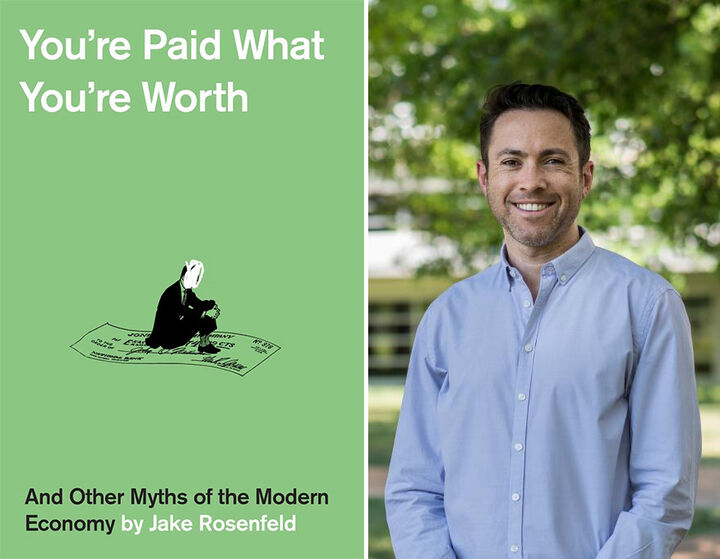TEHRAN(Bazaar) – “You’re Paid What You’re Worth: And Other Myths of the Modern Economy” is a book written by Jake Rosenfeld and published by Harvard University Press.
Your pay depends on your productivity and occupation. If you earn roughly the same as others in your job, with the precise level determined by your performance, then you’re paid market value. And who can question something as objective and impersonal as the market? That, at least, is how many of us tend to think. But according to Jake Rosenfeld, we need to think again.
Job performance and occupational characteristics do play a role in determining pay, but judgments of productivity and value are also highly subjective. What makes a lawyer more valuable than a teacher? How do you measure the output of a police officer, a professor, or a reporter? Why, in the past few decades, did CEOs suddenly become hundreds of times more valuable than their employees?
The answers lie not in objective criteria but in battles over interests and ideals. In this contest four dynamics are paramount: power, inertia, mimicry, and demands for equity. Power struggles legitimize pay for particular jobs, and organizational inertia makes that pay seem natural. Mimicry encourages employers to do what peers are doing. And workers are on the lookout for practices that seem unfair.
Rosenfeld shows us how these dynamics play out in real-world settings, drawing on cutting-edge economics, original survey data, and a journalistic eye for compelling stories and revealing details.
At a time when unions and bargaining power are declining and inequality is rising, You’re Paid What You’re Worth is a crucial resource for understanding that most basic of social questions: Who gets what and why?
Following is the Bazaar interview with “Jake Rosenfeld”, Professor of Sociology at Washington University in St. Louis about this book:
*What has been the main question in the book?
The core question that animates me is who gets what and why? This is the book I’ve been thinking of writing for a few decades now, and my hope is that I’ve provided a new perspective to everyone out there who has ever wondered about what determines that number on their paycheck.
*What Hypothesis did you use to answer this question? What is your central argument?
Two key takeaways: First, your pay is not some mechanical reflection of your individual performance. And second, no job is inherently good or bad – it's the pay and working conditions attached to the job that makes all the difference.
*What was the necessity of writing this book?
There is nothing inevitable about our present moment of skyrocketing inequality – of some lucky individuals capturing so much of the nation’s income, while many more struggle to get by. We made a series of decisions to get us to where we are, meaning that it is within our control to undo the damage.















نظر شما